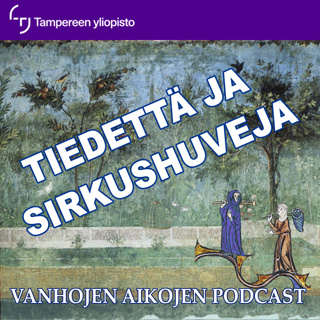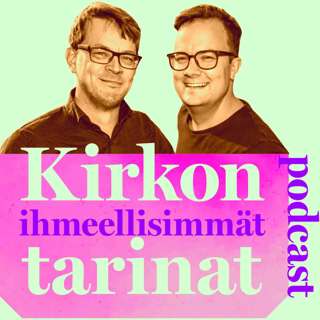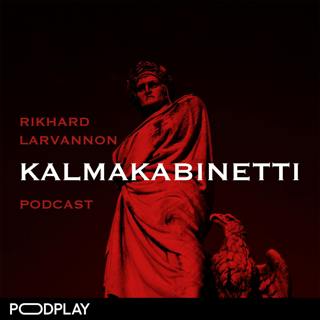
The Vienna Secession
In 1897, Gustav Klimt led a group of radical artists to break free from the cultural establishment of Vienna and found a movement that became known as the Vienna Secession. In the vibrant atmosphere o...
3 Heinä 202554min

Hypnosis
Ever since Franz Anton Mesmer induced trance-like states in his Parisian subjects in the late eighteenth century, dressed in long purple robes, hypnosis has been associated with performance, power and...
26 Kesä 202545min

Paul von Hindenburg
Melvyn Bragg and guests discuss the life and role of one of the most significant figures in early 20th Century German history. Paul von Hindenburg (1847-1934) had been famous since 1914 as the victori...
19 Kesä 202552min

Copyright
In 1710, the British Parliament passed a piece of legislation entitled An Act for the Encouragement of Learning. It became known as the Statute of Anne, and it was the world’s first copyright law. ...
12 Kesä 20251h

Lise Meitner
Melvyn Bragg and guests discuss the decisive role of one of the great 20th Century physicists in solving the question of nuclear fission. It is said that Meitner (1878-1968) made this breakthrough ov...
5 Kesä 202557min

The Korean Empire
Melvyn Bragg and guests discuss Korea's brief but significant period as an empire as it moved from the 500-year-old dynastic Joseon monarchy towards modernity. It was in October 1897 that King Gojong ...
29 Touko 202547min

Molière
Melvyn Bragg and guests discuss one of the great figures in world literature. The French playwright Molière (1622-1673) began as an actor, aiming to be a tragedian, but he was stronger in comedy, tour...
22 Touko 202551min

Typology
Melvyn Bragg and guests explore typology, a method of biblical interpretation that aims to meaningfully link people, places, and events in the Hebrew Bible, what Christians call the Old Testament, wit...
15 Touko 202550min





















